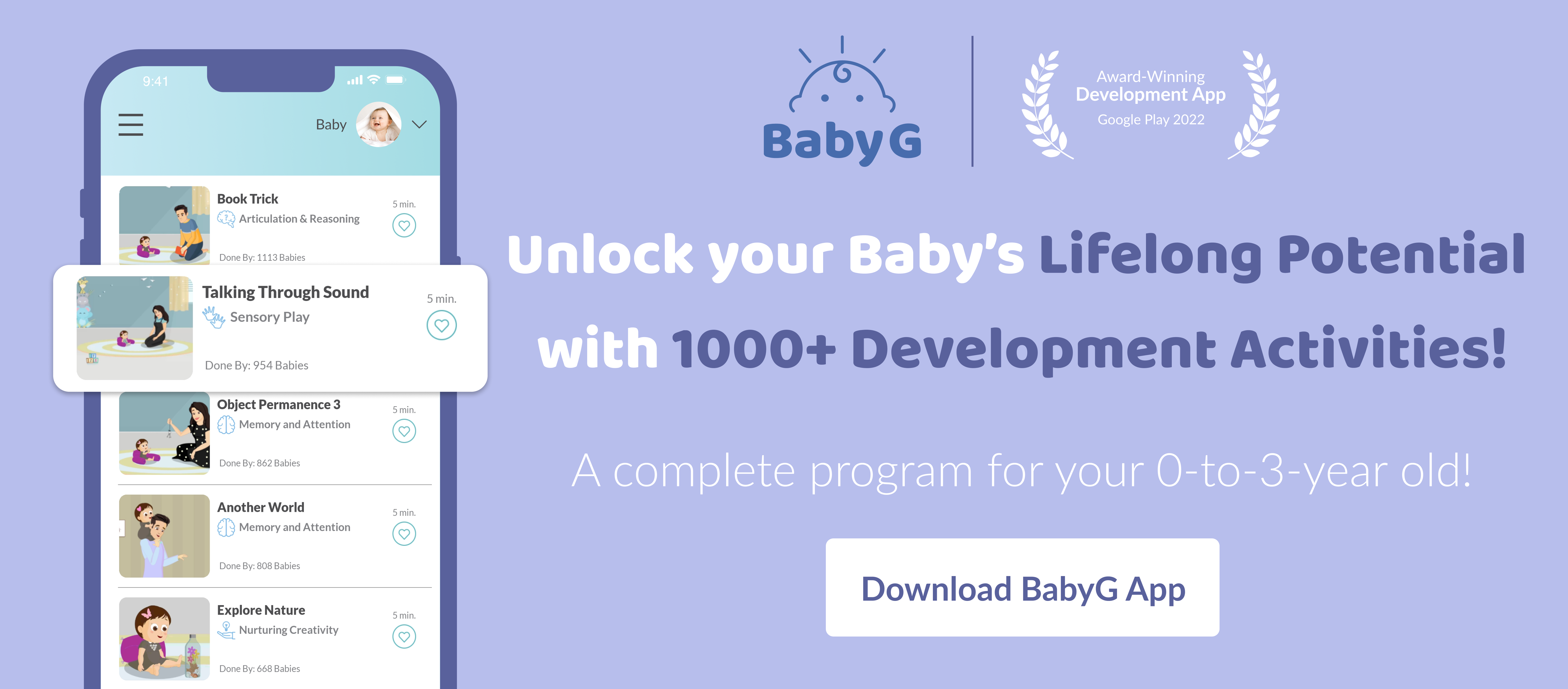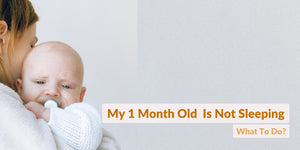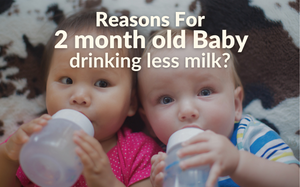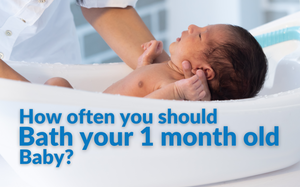
Why Does My 1 Month Baby Cry When Put Down
As stated before it is only normal that your child craves to be close to you, they have been closely attached to you for nine months now, and being out in the world can be disorienting for them. Such bouts of cries are their only way of communicating with you. Here are a couple of reasons your child may be expressing distress when being away from you:
1. Colic: Let's get this out of the way. If your baby has been crying uncontrollably for a couple of hours for the past few days and is extremely difficult to soothe, they may be experiencing colic. While there is no particular reason to pinpoint, colic could be caused by the formation of gas in the stomach when feeding or crying, due to family stressors, or simply due to an underdeveloped digestive system. Insolent crying can leave parents feeling depleted during this time, hence it is integral for parents to take some time off for themselves as well.
2. Fourth Trimester: Deriving its meaning from the three trimesters, this concept pertains to the period of three months immediately after your child's birth. The concept refers to the fact that during the initial months, your child is in a whole new environment and learns to adapt to their surroundings. Adjusting to such can be a stressor and the cause for increased crying.
3. Hunger Pangs: A newborn's appetite is a force to be reckoned with; as most parents know by now. Since they cannot communicate with you, the only way they can let you know is by crying when they are hungry or underfed. Parents can keep track of their feeds daily with baby feeding trackers and never miss a feed to ensure that their little one is getting enough nutrition for their age.
4. Lack of Routine: Your child may take a while to get on the day and night schedule. The mismatch of feeding and resting time, may push them into being fussy and push forth the crying. A routine gives your young one a sense of stability and keeps them in touch with their feeding schedules and timely naps.
Other factors such as abrupt waking up, discomfort, and even separation can be the reason your child may be cranky when you try to put them down.
Tips To Soothe A Crying 1 Month Baby When Put Down
Soothing your young ones when they are bawling can be heartbreaking. Here are some tips that may help during this time:
- If you are not rocking or swaying your baby in your arms, you may try to do so. The back-and-forth motion allows for a better quality of sleep and soothes the infant. You can try skin-to-skin contact and patting their back comfortingly in such cases as well.
- Look for signs that may be causing distress. Some elements you can check can be hunger cues, thirst, diaper change, or any signs of fever or pain.
- Clear any distractions. If they are in the process of falling asleep then dim the lights and regulate the temperature for a comfortable slumber.
- Pacifiers can be also used to stimulate the sucking reflex of a newborn and distract the baby.
- Lastly, you need to be calm. It is understandable if you are frustrated during such situations. Take some time for yourself, babies can quickly pick up on signs of distress. Once you feel like you have things in control, you can repeat the steps.
It is detrimental to take breaks and let other caregivers take control of the situation when you cannot. Be patient with yourself and your child. Gradually, you will learn why your child is crying quite instantly, resulting in fewer hospital/pediatrician visits. Parenting is a step-by-step journey, that involves trial and error. Trust your instincts, and your child will too.












LEAVE A COMMENT